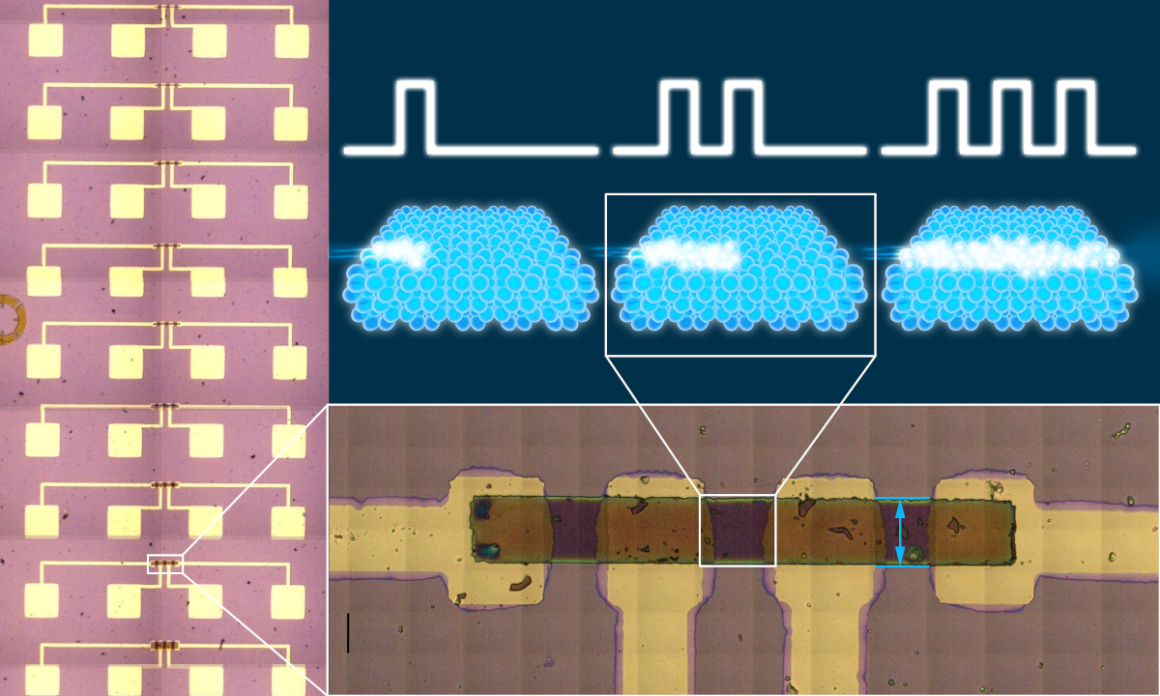The Jean Rouxel Institute of Materials from Nantes has received strong public support for its artificial neural network demonstrator, which is based on Mott insulators. The innovative material is being used to develop more energy efficient computing techniques by mimicking how the human brain works.
The energy consumption of microelectronic devices now represents 10 to 15% of the world’s electricity, and it could reach up to 50% by 2030.
The IMN (Institut des Matériaux de Nantes Jean Rouxel) is a Lab which is based on innovative materials and draws together 150 researchers and support staff from the CNRS and the University of Nantes. Its project, Mott-IA, aims to reduce the energy consumption of computers.
Improving a key component of neuromorphic computers
The promising field of neuromorphic computing consists of using new algorithmic approaches, thanks to artificial neurons and synapses.
“Today’s computers, built according to a so-called Von Neumann architecture where processors and memory are separate blocks, remain outperformed by the human brain in several major classes of problems such as pattern recognition and data mining. Neuromorphic engineering aims to mimic brain-like behaviour through the implementation of artificial neural networks based on the combination of a large number of artificial neurons massively interconnected by an even larger number of artificial synapses.”
Components called memristors have brought a significant improvement to artificial synapses over recent years, so the Mott-IA project therefore focuses on developing an innovative single-component artificial neuron. An article published by IMN researchers in the journal Advanced Functional Materials describes its realisation with Mott insulators which are subject to electric pulsing.
€2.9 million to develop an industrial demonstrator
The Mott-IA project aims to create a neural network demonstrator in Atlantic France within six years. The total investment represents €2.9 million and the regional council has granted €1.3 million.
This cutting-edge technology could allow the development of a new generation of hardware artificial intelligence, which could be 10,000 times more energy efficient than current computers.


 日本語
日本語  Français
Français 



